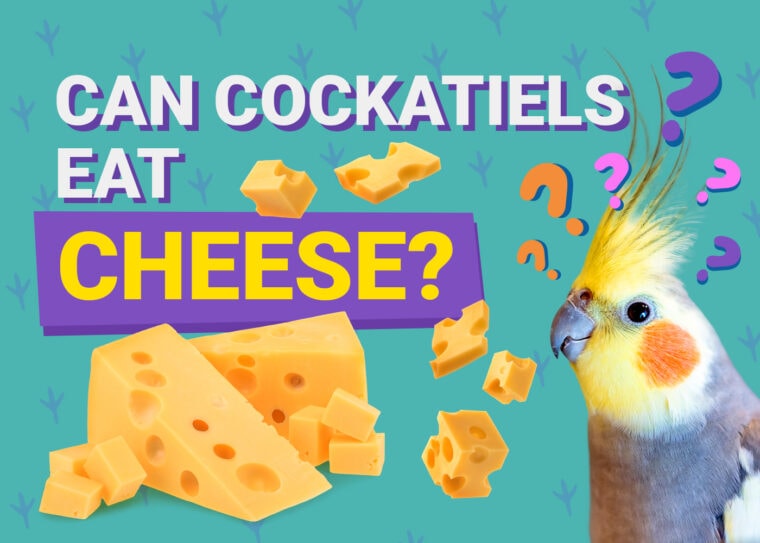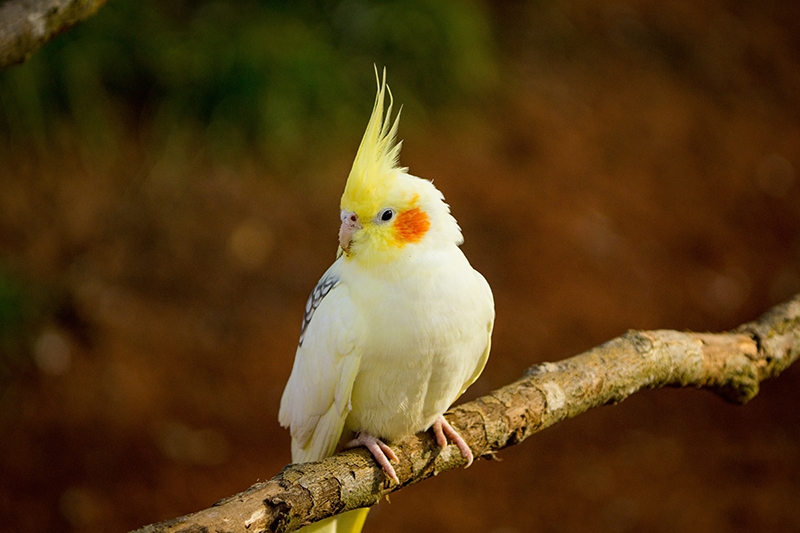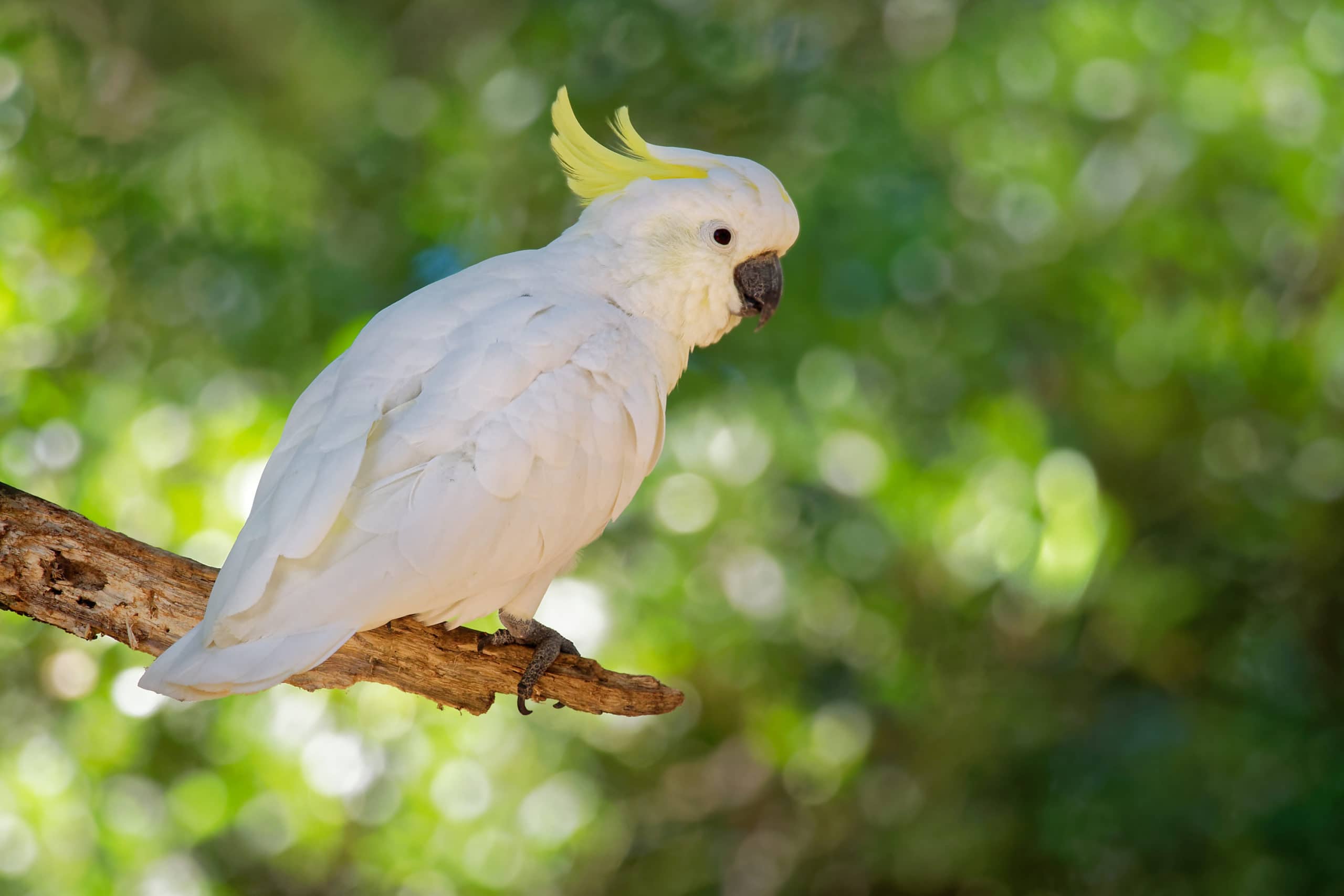
Many pet owners are faced with a scenario where they find their pets showing an interest in food that’s meant for human consumption. This raises the question of whether the food is safe for their pet.
Cockatiels should be offered a diet consisting of commercial pellets as a base, with other fruits, vegetables, nuts, seeds, and legumes making up the rest of their diet. Though cockatiels can safely eat small amounts of non-conventional foods (such as eggs, popcorn, and some lean meats), cheese is not recommended or safe for cockatiels and should be avoided.
Cheese & Cockatiels
Cheese is a dairy product found almost everywhere. Cheese is produced in many flavors, textures, and forms. The result is products that vary in texture, price, intended use, and price, but all cheese is formed by solidifying a protein naturally found in milk (known as casein). The nutritional component of cheese comprises proteins and fat from milk alongside those from any additives used during formulation.
Cheese isn’t considered good for cockatiels because cockatiels (like other parrots) cannot process lactose. Parrots do not feed their young milk the way most mammals do; therefore, their ability to digest dairy products properly is very limited. Therefore, cheese isn’t considered safe for cockatiels.
Individual case studies have shown that some parrots have experienced intestinal blockages from cheese consumption, which harms a bird’s health. In addition, most bacteria commonly added to milk to make cheese may linger in the product and prove harmful to cockatiels.
Though some cheeses indeed have less lactose when compared to other variants (there are, after all, thousands of cheeses all over the world), it nonetheless doesn’t guarantee their safety.

What About Lactose-Free Cheeses?
Many humans also found that their lactose intolerance means that cheese disagrees with their stomach and causes bloat, cramps, stomach pains, and flatulence. Lactose-free cheeses are an alternative to those produced and marketed toward such individuals.
Lactose-free cheese isn’t cheese but rather a substitute that attempts to mimic the flavor or texture of cheese. There are several different types of lactose-free “cheese” variants: rice, soy, almond, and cashew cheese are popular variants. Yogurt cheeses are also popular and claim to be better for lactose intolerance (however, they aren’t lactose-free).
When it comes to your cockatiel, the safety (or lack thereof) of these cheese alternatives depends on their ingredients. Yogurt cheeses generally contain low lactose and aren’t recommended for cockatiels. The other variants, though lactose-free, should be evaluated for their other ingredients before attempting to offer them to your bird. It’s best to consult your veterinarian before giving such cheeses to your cockatiel. Even if they are safe, moderation is recommended, as most cheese and cheese replacements are very calorie-dense. Steer clear of products that use additives such as salt.
In Conclusion
Though many human foods are safe for cockatiels, cheese isn’t one of them. Cheese and other dairy products should not be offered to cockatiels because cockatiels can’t properly digest lactose products. Therefore, ingesting cheese can lead to intestinal issues, some of which can be very detrimental to their health.
Lactose-free cheese alternatives need to be assessed individually for their safety when it comes to their potential addition to your cockatiel’s diet. It’s best to consult with your avian veterinarian if you’re in doubt about the safety of such a product’s inclusion in your bird’s diet.
Related Reads:
Featured Image Credit: slowmotiongli, Shutterstock









